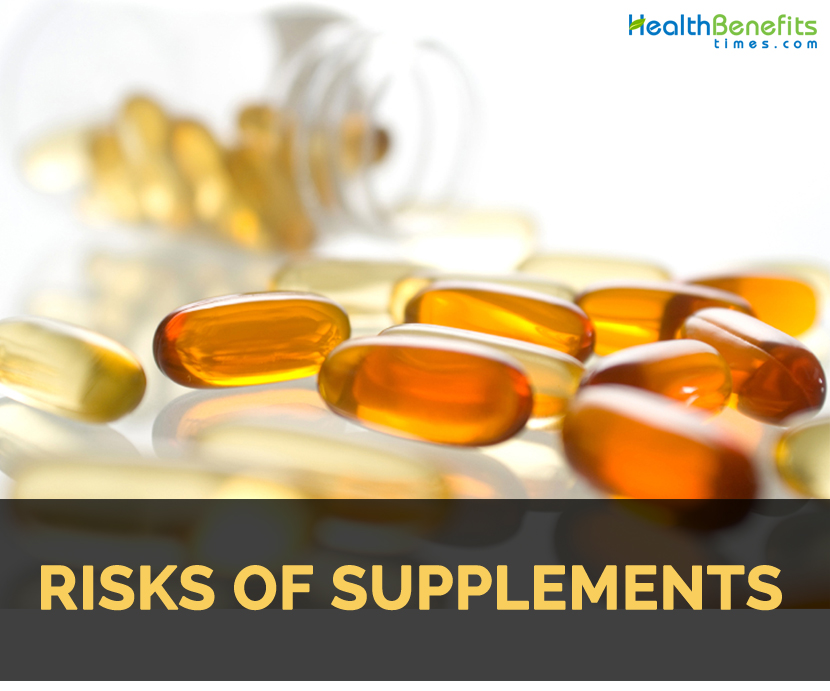 Why do people take protein or amino acid supplements? Athletes often take them when trying to build muscle. Dieters may take them to spare their bodies’ protein while losing weight. Some women take them to strengthen their fingernails. People take individual amino acid supplements, too—to cure herpes, to improve sleep, to lose weight, and to relieve pain and depression. Do protein and amino acid supplements really do these things? Probably not. Are they safe? Not always.
Why do people take protein or amino acid supplements? Athletes often take them when trying to build muscle. Dieters may take them to spare their bodies’ protein while losing weight. Some women take them to strengthen their fingernails. People take individual amino acid supplements, too—to cure herpes, to improve sleep, to lose weight, and to relieve pain and depression. Do protein and amino acid supplements really do these things? Probably not. Are they safe? Not always.
Protein Supplements
Though protein supplements are popular with athletes, well-fed athletes do not need them. Dietary protein is necessary for building muscle tissue, and consuming protein in conjunction with resistance exercise helps muscles build new proteins. Protein supplements, however, do not improve athletic performance beyond the gains from well-timed meals of ordinary foods.
Weight-loss dieters may benefit from consistently consuming protein-rich foods because protein often satisfies the appetite. Research is ongoing to determine whether sufficient protein content of a meal may help to prolong feelings of fullness or delay the urge to eat. However, extra protein from powders, pills, or beverages is unlikely to dampen the appetite further, although it contributes unneeded k-calories the wrong effect for weight loss. Evidence does not support taking protein supplements for weight loss, and common sense opposes it.
Amino Acid Supplements
Enthusiastic popular reports have led to widespread use of individual amino acids. One such amino acid is lysine, promoted to prevent or relieve the infections that cause herpes sores on the mouth or genital organs. Lysine does not cure herpes infections. Whether it reduces outbreaks or even whether it is safe is unknown because scientific studies are lacking.
Tryptophan supplements are advertised to relieve pain, depression, and insomnia. Tryptophan plays a role as a precursor for the brain neurotransmitter serotonin, an important regulator of sleep, appetite, mood, and sensory perception. The DRI committee concludes that high doses of tryptophan may induce sleepiness, but they may also cause side effects, such as nausea and skin disorders.
The body is designed to handle whole proteins best. It breaks them into manageable pieces (dipeptides and tripeptides) and then splits these, a few at a time, simultaneously releasing them into the blood. This slow bit-by-bit assimilation is ideal because groups of chemically similar amino acids compete for the carriers that absorb them into the blood. An excess of one amino acid can produce such a demand for a carrier that it limits the absorption of another amino acid, creating a temporary imbalance.
The DRI committee reviewed the available research on amino acids, but with next to no safety research in existence, the committee was unable to set Tolerable Upper Intake Levels for supplemental doses. Until research becomes available, no level of amino acid supplementation can be assumed to be safe for all people. A known side effect of these products is digestive disturbances: amino acids in concentrated supplements cause excess water to flow into the digestive tract, causing diarrhea. Anyone considering taking amino acid supplements should be cautious not to exceed levels normally found in foods.
Protein Recommendations and Intakes
The committee that established the RDA states that a generous daily protein allowance for a healthy adult is 0.8 gram per kilogram (2.2 pounds) of healthy body weight. The RDA covers the needs for replacing worn-out tissue, so it increases for larger people; it also covers the needs for building new tissue during growth, so it is slightly higher for infants, children, and pregnant and lactating women.
Most people assume that Americans eat too much protein. Research demonstrates that a medium protein intake for U.S. adult males is about 16 percent of total calories, an amount that falls directly within the DRI suggested range of between 10 and 35 percent of calories. Women, children, and some elderly people may typically take in less protein—13 to 15 percent. A small percentage of adolescent girls and elderly women consume insufficient protein or barely enough to meet their needs.

